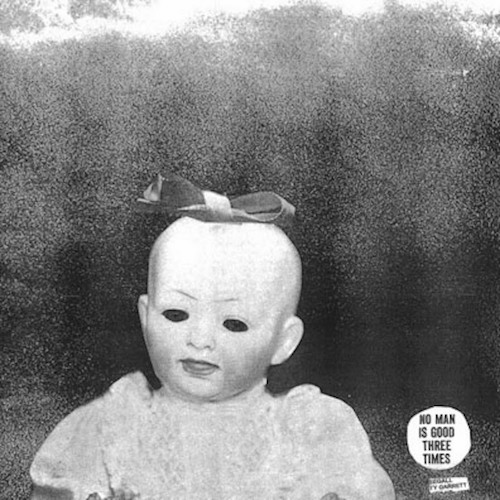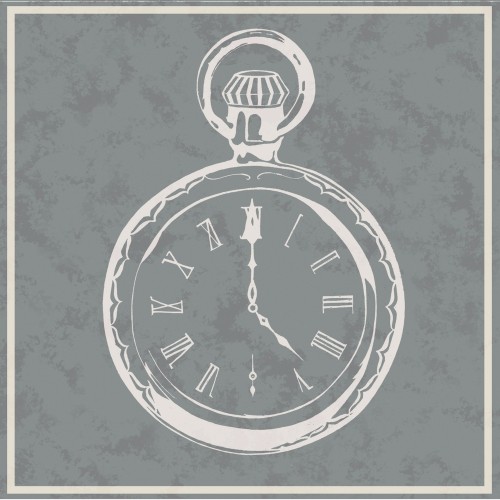 Release Date: April 16, 2013
Release Date: April 16, 2013





This year in music has been one of change. Artists are branching out and trying something different. Some experience success in experimentation, and others flounder. After three years, the indie community’s favorite art-pop trio has brought forth its third studio album, Mosquito.
Yeah Yeah Yeahs has become known for its minimalistic, poetic verses coupled with complex and lush music. Mosquito is Yeah Yeah Yeahs’ experiment, and the band’s hypothesis is correct: the new synth-punk formula works just fine to quench the thirst of the band’s throngs of fans.
Singer Karen O’s philosophy has always been to “pull [the listener] by the collar,” and Mosquito‘s opening track “Sacrilege” wastes no time getting to the grabbing. A wave of sound baptizes the listener in watery distress while a gospel choir comes in to administer the baptism by fire.
“Subway” starts with an almost anxious quavering reminiscent of “M.A.P.S.,” but slowly, something more haunting manifests. Lyrics like, “I waited and I waited for the express train/Wanna catch up to you wherever you are,” leave an odd sense of being lost in a chase. It definitely sets the stage for something new.
The title track charges into the ear and rips it to shreds. Here’s where Yeah Yeah Yeahs really introduces its approach to this record.
It ought to go down in history as a hallmark synth-punk song, and requires attentive listening in order for the full effect to register. “Under The Earth” falsely leads the listener to believe that an It’s Blitz! track has appeared in this odd sea of the wildly new, and while it is a little more like the Yeah Yeah Yeahs sound listeners are used to, it has an edge that seems to be a darker shade of pink.
The trio has always focused on relationships—a study of irrational human behavior in its own way. While Yeah Yeah Yeahs usually channels a sleepy soft sound in these essays (listen back to “Hysteric” and “Little Shadow”), Mosquito‘s “Slave” illustrates the vivid grunge of intoxicatingly dangerous relationships with a sexy, energetic mantra: “You keep me keep me/Your slave, can I feed on your love?”
In “These Paths,” the notes travel up and down and back around, as if to conceptualize the lyrics. “These paths will cross again, again.” Throughout the album, and especially in this track, Karen O has pushed the boundaries on her vocal style, reaching for harsher ranges that still manage to create an ethereal image of the vocalist.
It may be underrated now, but hopefully “Area 51” will one day be recognized for its brilliant, zany musicality. Yeah Yeah Yeahs launches up into outer space and the sound conjures an image that makes the listener feel as if they are on a planet from an old, Japanese-Monster movie. It’s evolution, not revolution, and this track seals the deal on Yeah Yeah Yeahs’ new sound.
“Buried Alive (Featuring Dr. Octagon)” continues with the rush of change by featuring a rap artist. It’s alright, but nothing more; it seems to push the envelope a bit too far. That is, until the rap ends and the song almost magically comes full circle. It brings a little art-pop into the mix of Mosquito‘s sleek, dark energy.
Featuring as few lyrics as humanly possible, “Always” and “Despair” deliver soothing assurances—highlighting Yeah Yeah Yeahs’ unique and phenomenal talent for minimalistic sound.
Yeah Yeah Yeahs knows how to end it all in a sweet, melancholic, and loving sort of way, as proven by the closing track, “Wedding Song.” The acoustic version sounds even better if you get a chance to listen to the Deluxe Edition, but as is, “Wedding Song” lets the listener know that Yeah Yeah Yeahs might move forward, but won’t ask you to move too far and too fast for your own good.
Yeah Yeah Yeahs – Mosquito tracklist:
- “Sacrilege”
- “Subway”
- “Mosquito”
- “Under The Earth”
- “Slave”
- “These Paths”
- “Area 52”
- “Buried Alive (Featuring Dr. Octagon)”
- “Always”
- “Despair”
- “Wedding Song”


